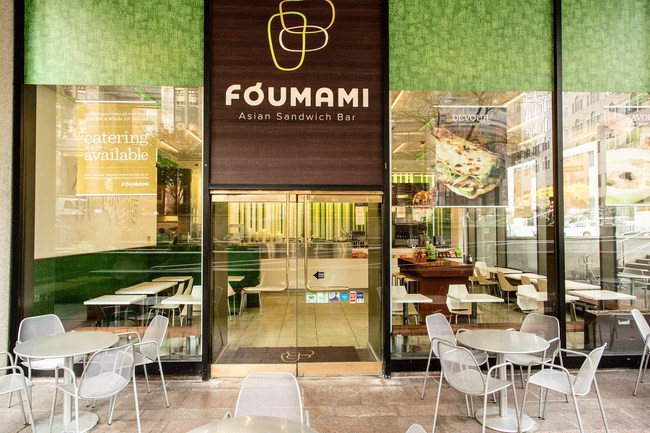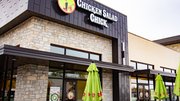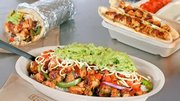Article
Boston's Fóumami ready to go national
Michael Wang, a third-generation restaurateur, is ready to expand the concept he founded in 2010.

May 30, 2017 by Cherryh Cansler — Editor, FastCasual.com
Michael Wang, founder and CEO of Fóumami is looking for franchisees to help him grow his 7-year-old fast casual Asian concept based in Boston's financial district.
"While building Fóumami certainly has been a labor of love, I've always brought an analytical eye to the process and a vision for Fóumami as a franchising opportunity and a national brand," said the third-generation restaurateur, who entered Harvard Business School after working as an analyst at Goldman, Sachs & Co., where he wrote the business plan for Fóumami.
The restaurant, which serves breakfast, lunch, dinner and specialty coffees and tea, is focused on growth in Massachusetts, Connecticut, New York and Philadelphia, but Wang is open to other areas, depending on the specifics of the deal. He also prefers to onboard multi-unit operators but will make an exception for the right person, "especially at this initial stage of our franchising push," he said.

Becoming a franchisee
The total investment range to become a franchisee, Wang said, is $637,500 to $952,900. That includes a franchise fee of $50,000, a 6 percent royalty and a brand fund contribution of 2 percent. Multi-unit development deals may qualify for discounts, however.
"We've held back on expansion for six years in order to prove our concept and work through every aspect of our business," Wang said. "What's exciting for everyone is that Fóumami hasn't even begun to tap into what's possible using Asian ingredients and food traditions."
Fóumami builds on familiar offerings including sandwiches, soups and salads but elevates them into something extraordinary, said Wang, who admits to sometimes pushing the envelope on what Asian food is.
Everything, however, is rooted in his family’s traditional recipes used by his grandfather, who founded the Chew Young Roo chain of restaurants n 1945 in Asia.
Bings — a type of bread — are an important part of the menu, for example.
"They're made on the premise with recipes and techniques that are difficult, if not impossible to replicate elsewhere," he said.
 ChatGPT
ChatGPT Grok
Grok Perplexity
Perplexity Claude
Claude












